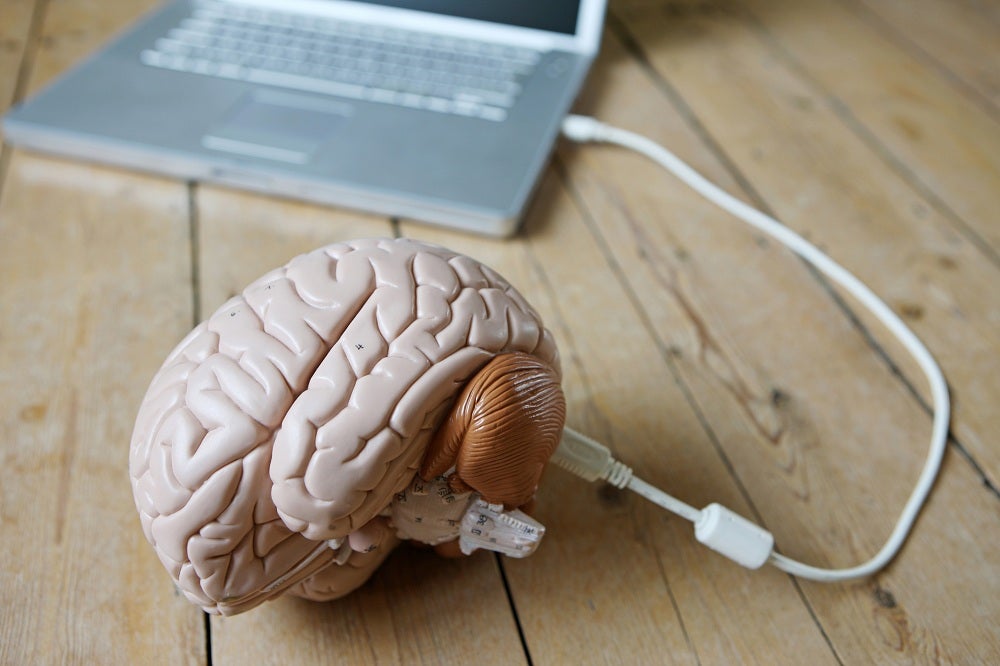'Humans could probably live forever as a machine, potentially' says vague neuroscientist
Sort-of encouraging news

Your support helps us to tell the story
From reproductive rights to climate change to Big Tech, The Independent is on the ground when the story is developing. Whether it's investigating the financials of Elon Musk's pro-Trump PAC or producing our latest documentary, 'The A Word', which shines a light on the American women fighting for reproductive rights, we know how important it is to parse out the facts from the messaging.
At such a critical moment in US history, we need reporters on the ground. Your donation allows us to keep sending journalists to speak to both sides of the story.
The Independent is trusted by Americans across the entire political spectrum. And unlike many other quality news outlets, we choose not to lock Americans out of our reporting and analysis with paywalls. We believe quality journalism should be available to everyone, paid for by those who can afford it.
Your support makes all the difference.Dr Hannah Critchlow of Cambridge University has offered the most hesitant support yet for the possibility of humans becoming immortal through future technology, saying that she thinks it's a possibility we could make a motherboard advanced enough.
"People could probably live inside a machine. Potentially, I think it is definitely a possibility," she said at Hay Festival where she was 'busting brain myths'.
I'm being silly - it's obviously quite understandable that Dr Critchlow would want to remain somewhat sceptical, given what an insanely complex circuit board the brain is.
She pointed out, though, that scientists are understanding it better and better, and so if a computer was one day able to recreate all the synapses of the brain then it would be feasible that we could technically live 'inside a machine'.
"If you had a computer that could make those 100 trillion circuit connections then that circuit is what makes us us, and so, yes, it would be possible," she said.
While it might one day be possible to download all of our thoughts, whether we would still truly exist is a matter for philosophy, with the nature of consciousness being something we may never be able to truly define, quantify and assess.
There will also be huge ethical considerations, as the advance would present the terrifying possibility of being trapped inside a machine, perhaps indefinitely.
Join our commenting forum
Join thought-provoking conversations, follow other Independent readers and see their replies
Comments